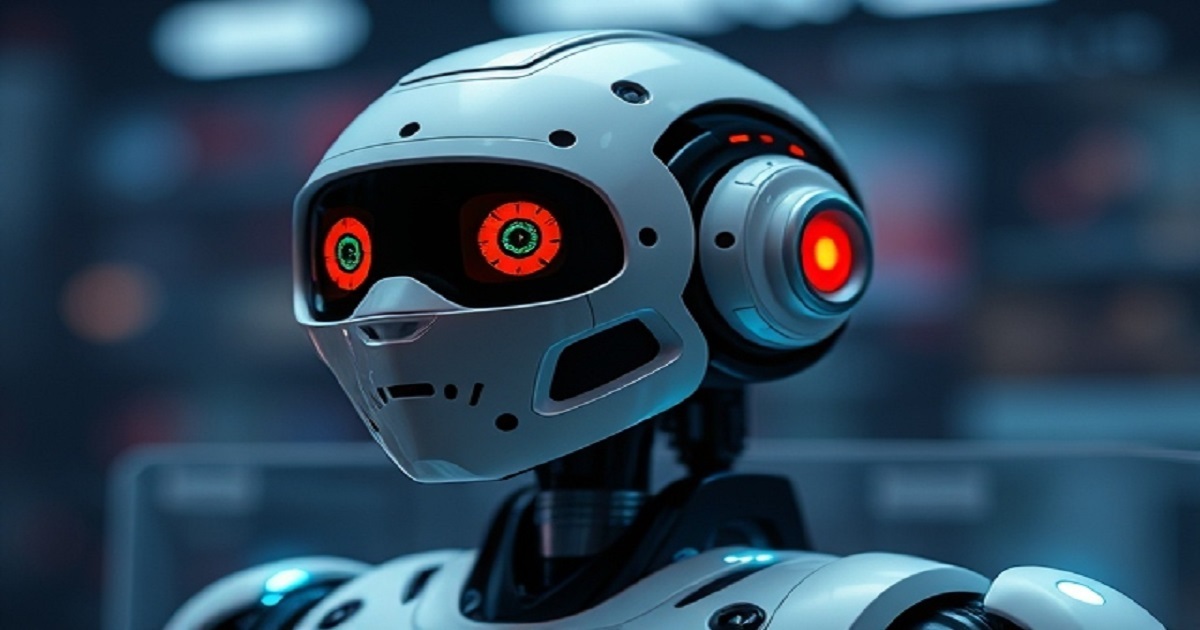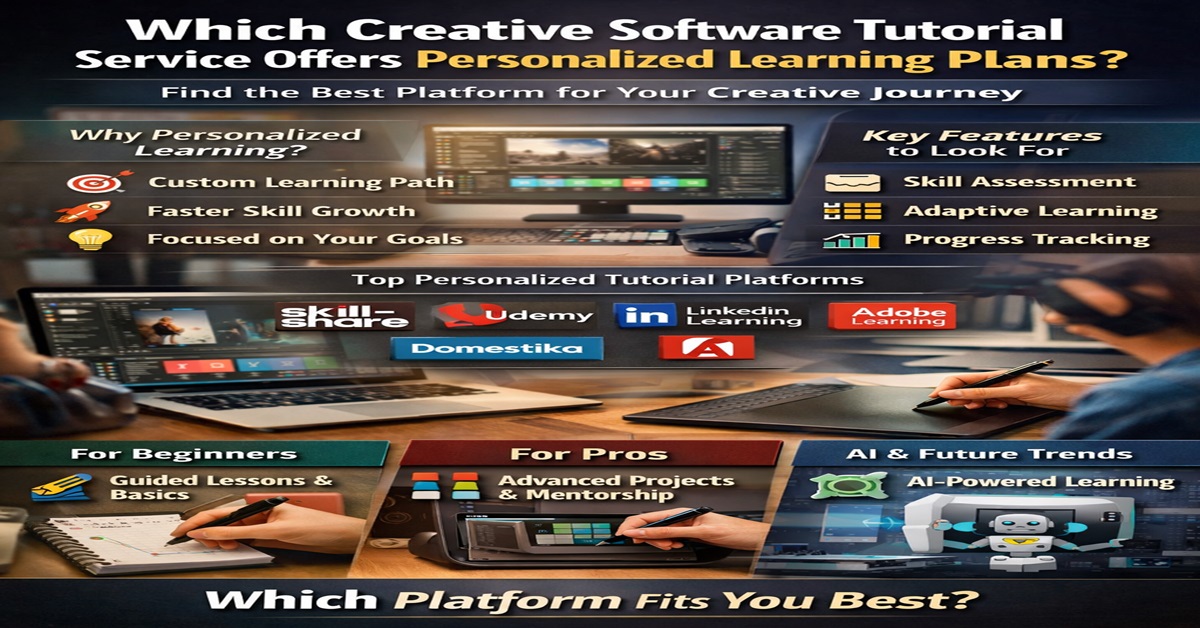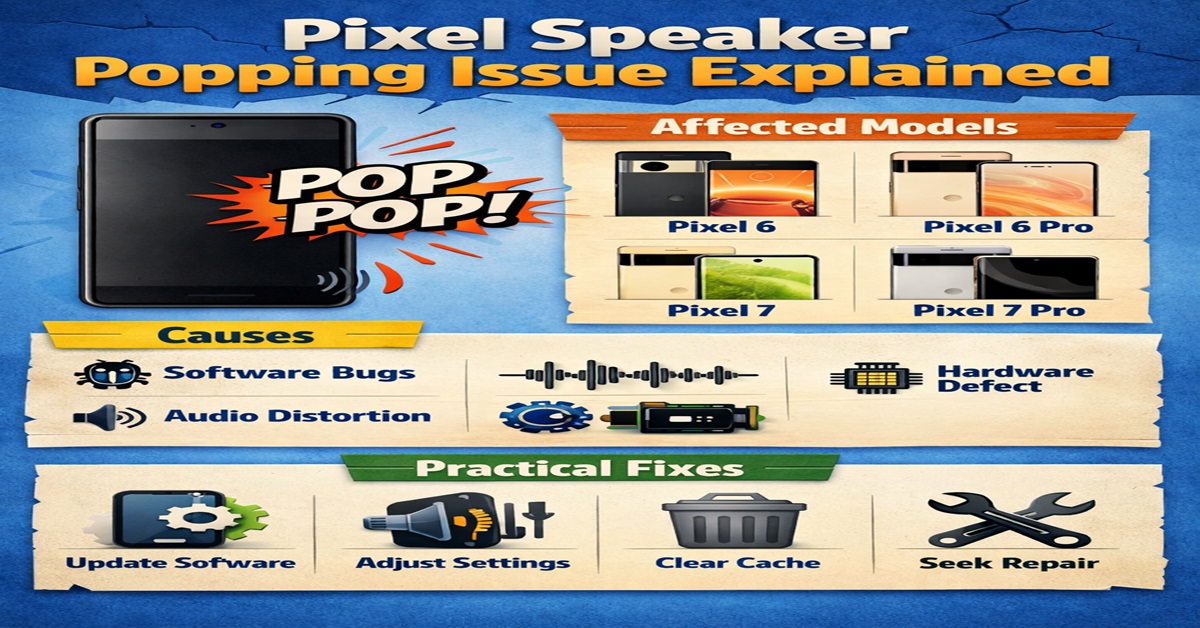The destiny of Artificial Intelligence (AI) AI Technology
took middle degree at the Indian Institute of Technology Madras, wherein Meta’s Chief AI Scientist and Vice-President, Dr. Yann LeCun, added a captivating lecture. Addressing the ambitious topic, “How Could Machines Reach Human-Level Intelligence?” LeCun delved into the intricacies of AI improvement, presenting an intensive shift in modern architectures.
Dr. LeCun underscored the constraints of present AI structures, declaring their deficiencies in human-like intelligence components which includes not unusual experience and sophisticated reasoning. To bridge this hole, he unveiled a groundbreaking cognitive architecture termed the Joint Embedding Predictive Architecture (JEPA). This method, designed to carry AI in the direction of human-stage skills, facilities round a predictive international model. Essentially, JEPA permits AI to expect outcomes of actions and devise techniques to gain unique desires.
A key function of JEPA is its self-supervised getting to know technique, which enables the encoding of percepts and the prediction of future eventualities. This capability significantly enhances the AI’s understanding of photos and films, allowing it to identify anomalies, along with unphysical activities, and plan motion sequences to meet defined goals of AI Technology
LeCun’s contributions to AI amplify past theoretical frameworks. A outstanding professor at New York University, he earned the prestigious 2018 Turing Award, frequently dubbed the ‘Nobel Prize of Computer Science,’ for his pioneering paintings in deep gaining knowledge of.
The lecture changed into a part of IIT Madras’s ‘Prof. Subra Suresh Institute Lecture Series,’ launched in January 2020. Named after the esteemed alumnus Prof. Subra Suresh, the series attracts outstanding international students and scientists to talk about good sized improvements in technology and era. Prof. Suresh’s illustrious career consists of roles inclusive of Director of america National Science Foundation, Dean of Engineering at MIT, and President of Carnegie Mellon University, making him a noteworthy discern in both Indian and international educational circles.
Yann LeCun’s vision for AI, embodied in JEPA, marks a sizeable step toward achieving human-stage intelligence in machines. By that specialize in self-supervised learning and predictive modeling, his work no longer most effective goals to beautify AI’s cognitive capabilities however additionally holds potential for a transformative impact throughout diverse fields, from healthcare to self reliant systems. The communicate opened through LeCun at IIT Madras reiterates the crucial position of move-disciplinary collaboration and innovation in pushing the boundaries of what AI can obtain.
LeCun’s thoughts gift a captivating vision for AI, proper? His recognition on predictive models and self-supervised mastering may be innovative for making AI more intuitive. Imagine AI that understands images and movies as human beings do, or that can suppose ahead and plan. It could impact regions like autonomous riding, in which predicting consequences is critical, or healthcare, in which early anomaly detection in scientific imaging should save lives. What do you think about the results of such advancements?








